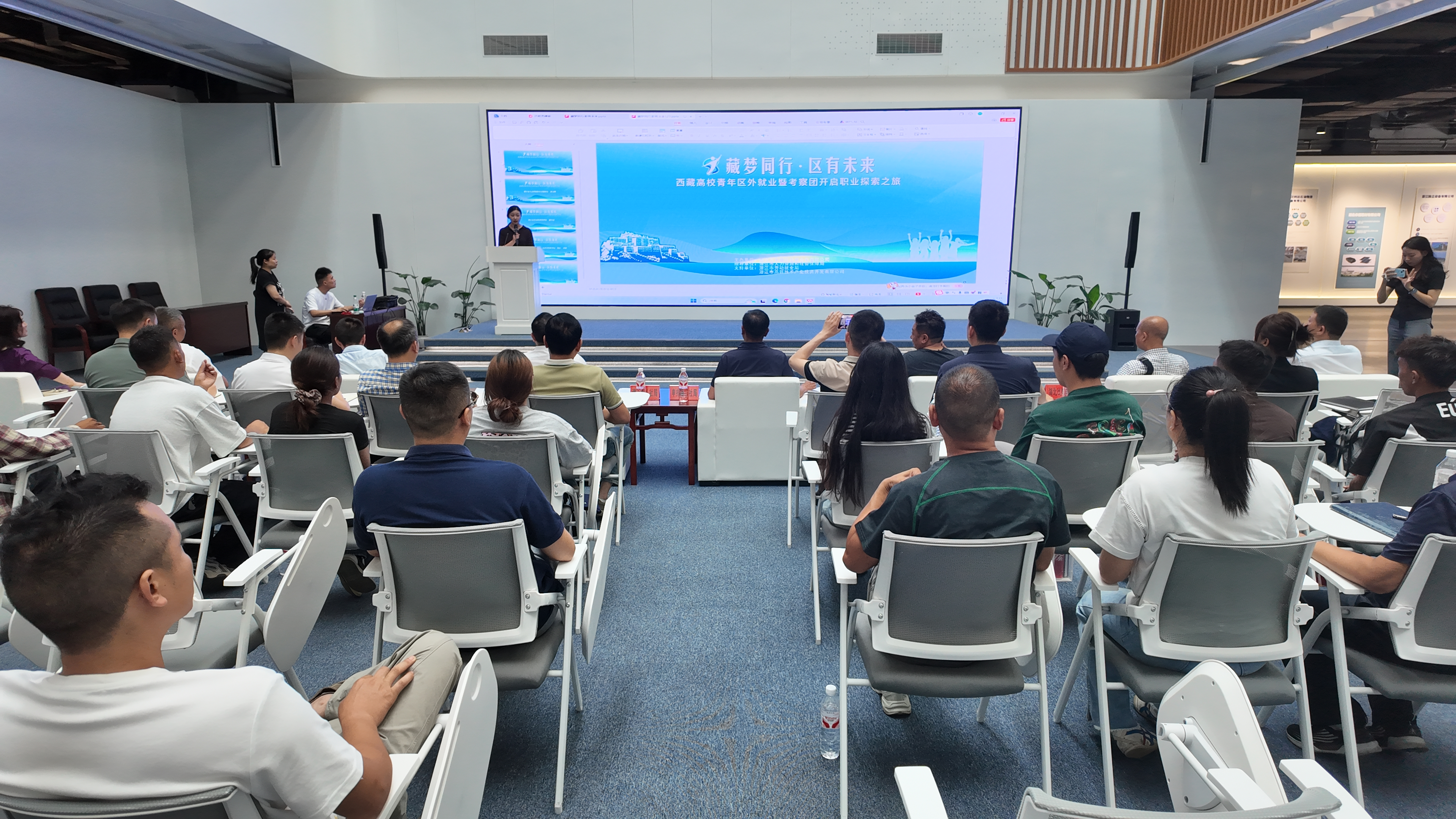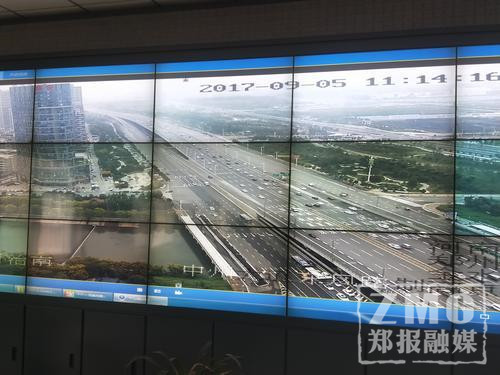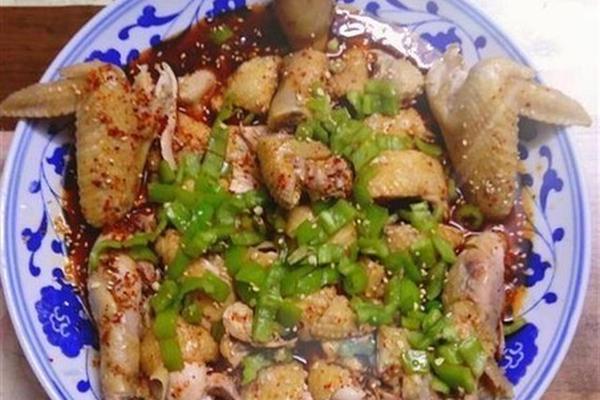中央媒体走基层|《中国日报》Yunnan sprouting into nation's 'vegetable basket'



Yunnan sprouting into nation's 'vegetable basket'
Poverty alleviation model expanded to enrich one of China's most fertile provinces
Long known for its breathtaking landscapes and ethnic diversity, Southwest China's Yunnan province is emerging as a national leader in specialty agriculture, transforming its once-impoverished rural regions into engines of economic renewal.
From sweet apples in Zhaotong to traditional cured meats in Xuanwei and leafy vegetables in Luliang, the highlands are cultivating not only crops, but also opportunities for the 88 counties in the province that have been lifted out of poverty.

Farmers pick apples at a production base of Zhaotong Chaoyue Agriculture in Zhao tong, Yunnan province. XU JING/FOR CHINA DAILY
Fruitful harvest
Perched on the Yunnan-Guizhou Plateau and located in the heartland of the Wumeng Mountains in the northeast of the province, Zhaotong was once a city with the largest impoverished population in China.
Now, it is Southwest China's largest producer of apples thanks to its low latitude, high elevation, generous sunshine and dramatic daily temperature swings. These ideal growing conditions have made Zhaotong's apples sweet, crisp and nationally recognized.
With nearly 66,700 hectares under cultivation, Zhaotong harvested 1.3 million metric tons of apples last year, generating a revenue of 15 billion yuan ($2.07 billion). The apple industry has directly benefited 138,000 households, touching the lives of over half a million residents, according to local officials.

Two farmers divide apples of various sizes into different categories at an orchard in Zhaotong in September. CHEN XINBO/XINHUA
In April of last year, apples from Zhaotong made headlines when they were included in the fresh food supply aboard the Shenzhou XVIII spacecraft.
A major individual orchard in Zhaotong's Zhaoyang district covers 6,670 hectares with 118 apple varieties, one of the largest of its kind. Yang Longjiang, director of the district's industry development center, said advanced agricultural techniques learned from New Zealand and elsewhere are yielding world-class results.
"The orchard applies dwarf root-stocks that yield fruit faster and uses an integrated drip irrigation system that can precisely deliver water and fertilizer, conserving precious resources," Yang said.
"Combined with monthly wages from working at the base, we can earn 80,000 yuan a year and live a better life," said Ding Kaiwen, a former tobacco farmer who works in the orchards with his wife. Their family also receives an annual land lease payment of 14,400 yuan.
The district's agricultural officials report that formerly impoverished households have seen average income increases of 4,800 yuan thanks to the apple boom.
Branding has also played a crucial role in the success of the local apple industry. The Zhaoyang Red, one of the region's signature apple brands, has earned 93 green food and multiple organic certifications, paving the way for exports to the United Arab Emirates, Thailand and beyond.
Premium supermarket chains such as Sam's Club and Freshippo stock Zhaotong apples, selling at 8 to 14 yuan per kilogram. Orchard tourism and fruit-picking festivals have also emerged to breathe new life into local economies.
High-tech ham
Xuanwei ham, a dry-cured specialty with a legacy dating back centuries, is another Yunnan food specialty that has found its place on the dinner tables of Chinese consumers. It sits alongside Italy's Parma ham and Spain's Iberico ham. In 2023, the pig farming and ham industry in Xuanwei generated over 18.5 billion yuan, producing nearly 70,000 tons of ham and lifting thousands of households out of poverty.

Cured meats are air-dried at a production base of local manufacturer Lap-Jon Ham in Xuanwei, Yunnan province. [Photo provided to CHINA DAILY]
Zhou Jianmei, quality control manager at leading brand Lap-Jon Ham, recalls the moment they realized tradition alone wouldn't be enough. "We knew the quality of our pigs was top-tier, but our production chain lagged behind Europe. So we went there to learn."
Inspired by European models, Lap-Jon Ham invested 360 million yuan into advanced facilities, importing Italian fermentation systems and automating the aging process to allow year-round production.
A modern factory capable of producing 3,200 tons of premium ham annually has been built, alongside salami and ham-filled pastries. Last year, the company reported an output value of 478 million yuan and created over 600 local jobs.
"We learned from the refined, standardized production processes abroad and adapted them to the unique characteristics of Xuanwei ham," Zhou said.
According to government data, over two-thirds of Xuanwei's 330,000 rural households are involved in pig farming. Their average incomes rose by 28,100 yuan in 2023, while 36,000 families previously living in poverty saw an average annual increase of 4,300 yuan.
Six "ham manors" in the city have further boosted income for 2,800 households and created more than 500 jobs, with average monthly wages hitting 4,500 yuan.
Zhou said the primary challenge now is popularization. While beloved in parts of southern China where cured meat has long been a traditional delicacy, Xuanwei ham remains unfamiliar in the country's north.
"When you mention 'ham' in the north, many people still think of processed sausage," she said, adding that better awareness among Chinese consumers in the future is expected to expand the market.
Leafy ambitions
The agricultural reinvention of Yunnan extends to the vast, fertile plains of Luliang county in Qujing, the largest flatland on the Yunnan-Guizhou Plateau.

A farmer harvests Chinese broccoli at a plantation in Luliang, Yunnan province, in January last year. WANG YONG/FOR CHINA DAILY
The unique geography and climate of the county in the east of the province have made it an agricultural powerhouse, and the thriving vegetable industry is feeding cities across China and reaching tables as far away as Dubai.
With 6,000 hectares of cultivated land yielding 2.45 million tons of vegetables in 2023, Luliang generated 7 billion yuan, nearly half the county's total agricultural output.
The region has an average annual temperature of 15.2 C, a frost-free period of 335 days, fertile soil and abundant water resources, making year-round production of vegetables possible.
"Thanks to these favorable natural conditions, we can grow a wide variety of fresh, eco-friendly vegetables all year round," said Zhang Raofang, deputy director of Luliang's agriculture and rural affairs bureau.
Italian lettuce, romaine, napa cabbage and Shanghai bok choy are among the stars of the leafy industry. About 93 percent of its harvest is shipped to markets from Beijing to Dubai, Zhang said.
Advanced infrastructure has contributed to the success of the industry. Home to Southwest China's largest cold-chain logistics park, the county dispatches 10,000 tons of vegetables daily, serving the Guangdong-Hong Kong-Macao Greater Bay Area and elsewhere. In 2023, its import-export vegetable trade reached $5.16 million, a 237 percent year-on-year increase.
"The lettuce grown here is thick, crisp and of excellent quality," said Zhang Zixiong, chairman of Yunnan Yuanheng Agricultural Development Corp. His company manages 180 hectares and works with local farmers on another 1,333 hectares.

Farmers reap seasonal vegetables in a field in Luliang in May. WANG YONG/XINHUA
The company recently expanded its export markets to Southeast Asia and the Middle East and has hired young college graduates majoring in foreign languages to help manage its business overseas.
Huang Hongdong, a major vegetable producer in the county, cultivates 6.67 hectares of Chinese arrowhead (Sagittaria sagittifolia), an aquatic tuber known as cigu in Chinese. "Half of our products now go to Malaysia. They really value the taste and quality," Huang said.
The vegetable industry employs 210,000 people in Luliang, from planting and processing to packaging and transport, boosting average household incomes by over 28,000 yuan a year, according to Zhang from the agriculture bureau.
As demand for safe, high-quality vegetables grows, Luliang is playing a greater role in both China's national "vegetable basket" and the global food supply chain, he added.
This year marks the final stage of a five-year transition period aimed at consolidating the gains made in poverty alleviation and ensuring a seamless shift toward rural vitalization.
By cultivating high-quality agricultural specialties and expanding access to broader markets, residents in some of Yunnan's formerly poor regions have not only emerged from poverty but are embracing sustainable opportunities for long-term improvement in their lives.
来源:中国日报


(责任编辑:时尚)
-
 潜江新闻网讯潜江市融媒体中心记者 高慧)7月15日上午九点,当西藏那曲市申扎县人社局考察团的身影如约出现在潜江,这场跨越数千公里的会面,注定成为两地人才协作的温暖注脚。以“藏梦同行 区有未来”为主题的
...[详细]
潜江新闻网讯潜江市融媒体中心记者 高慧)7月15日上午九点,当西藏那曲市申扎县人社局考察团的身影如约出现在潜江,这场跨越数千公里的会面,注定成为两地人才协作的温暖注脚。以“藏梦同行 区有未来”为主题的
...[详细]
-
 潜江新闻网讯潜江市融媒体中心记者 成妍)源头活水,澎湃动能。过去一年,潜江招商引资工作成效斐然。数据是最有力的证明:2023年,我市招商引资到资335.15亿元,完成年度计划的101.56%,同比增长
...[详细]
潜江新闻网讯潜江市融媒体中心记者 成妍)源头活水,澎湃动能。过去一年,潜江招商引资工作成效斐然。数据是最有力的证明:2023年,我市招商引资到资335.15亿元,完成年度计划的101.56%,同比增长
...[详细]
-
柔性触控 “风口”显现,未来柔性导电膜呈爆发式增长,企业新闻
 纵观2019年,5G热词几乎贯穿全年。这一年,国内科技日新月异,5G的商用助推新技术的发展,5G商用让折叠屏手机成为人们热议的话题。未来已来,5G就在眼前!为了迎接5G时代的到来,科技创新公司抓紧技术
...[详细]
纵观2019年,5G热词几乎贯穿全年。这一年,国内科技日新月异,5G的商用助推新技术的发展,5G商用让折叠屏手机成为人们热议的话题。未来已来,5G就在眼前!为了迎接5G时代的到来,科技创新公司抓紧技术
...[详细]
-
 郑州警方办案有“神器” 走路不正常会被盯上发布时间:2017-09-14 10:43 来源:豫都网 我要投稿[摘要]郑报融媒记者 张玉东 文/图 5日凌晨前后,两名男子盗窃车内物品后正洋洋得意,警察来
...[详细]
郑州警方办案有“神器” 走路不正常会被盯上发布时间:2017-09-14 10:43 来源:豫都网 我要投稿[摘要]郑报融媒记者 张玉东 文/图 5日凌晨前后,两名男子盗窃车内物品后正洋洋得意,警察来
...[详细]
-
 【建材网】10月18日上午,第41届中国佛山)国际陶瓷及卫浴博览交易会以下简称“第41届佛山陶博会”)在佛山国际会议展览中心展馆盛大开幕!来自柬埔寨、西班牙、菲律宾、俄罗斯、新
...[详细]
【建材网】10月18日上午,第41届中国佛山)国际陶瓷及卫浴博览交易会以下简称“第41届佛山陶博会”)在佛山国际会议展览中心展馆盛大开幕!来自柬埔寨、西班牙、菲律宾、俄罗斯、新
...[详细]
-
柔性触控 “风口”显现,未来柔性导电膜呈爆发式增长,企业新闻
 纵观2019年,5G热词几乎贯穿全年。这一年,国内科技日新月异,5G的商用助推新技术的发展,5G商用让折叠屏手机成为人们热议的话题。未来已来,5G就在眼前!为了迎接5G时代的到来,科技创新公司抓紧技术
...[详细]
纵观2019年,5G热词几乎贯穿全年。这一年,国内科技日新月异,5G的商用助推新技术的发展,5G商用让折叠屏手机成为人们热议的话题。未来已来,5G就在眼前!为了迎接5G时代的到来,科技创新公司抓紧技术
...[详细]
-
 玻璃被不均的加热和冷却是应力斑产生的主要原因,只由在钢化炉设计和造作使用中,找出影响加热和冷却不均加各项因素,加强工艺控制,严格遵守操作规程才可以减少应力斑的产生。1.加热因素玻璃在进行淬火前平面方向
...[详细]
玻璃被不均的加热和冷却是应力斑产生的主要原因,只由在钢化炉设计和造作使用中,找出影响加热和冷却不均加各项因素,加强工艺控制,严格遵守操作规程才可以减少应力斑的产生。1.加热因素玻璃在进行淬火前平面方向
...[详细]
-
 2019年11月25日中国玻璃综合指数1189.27点,环比上涨0.96点;中国玻璃售价趋势1228.34点,环比上涨1.05点;中国玻璃信心指数1033.01点,环比上涨0.64点。周末以来玻璃现货
...[详细]
2019年11月25日中国玻璃综合指数1189.27点,环比上涨0.96点;中国玻璃售价趋势1228.34点,环比上涨1.05点;中国玻璃信心指数1033.01点,环比上涨0.64点。周末以来玻璃现货
...[详细]
-
 近日,汉阴县档案史志馆接收了西安外国语大学教授、艺术文化史博士、硕士生导师王秀丽女士捐赠的由人民出版社公开出版的《传统器物文化研究—一一以陕南油纸伞为个案的考察》一书,这是县档案史志馆档案利用服务取得
...[详细]
近日,汉阴县档案史志馆接收了西安外国语大学教授、艺术文化史博士、硕士生导师王秀丽女士捐赠的由人民出版社公开出版的《传统器物文化研究—一一以陕南油纸伞为个案的考察》一书,这是县档案史志馆档案利用服务取得
...[详细]
-
 潜江新闻网讯潜江市融媒体中心记者 曾俊伟)2月2日8时至3日8时,我市出现冻雨、雨夹雪和雪。潜江本站累计降水量19.4毫米,最高气温-0.5℃,最低气温-2.7℃,3日晨电线覆冰厚度5mm。极大风速最
...[详细]
潜江新闻网讯潜江市融媒体中心记者 曾俊伟)2月2日8时至3日8时,我市出现冻雨、雨夹雪和雪。潜江本站累计降水量19.4毫米,最高气温-0.5℃,最低气温-2.7℃,3日晨电线覆冰厚度5mm。极大风速最
...[详细]

 夫妇遭遇电信诈骗 民警打了五通电话反被当成骗子
夫妇遭遇电信诈骗 民警打了五通电话反被当成骗子 凉山新闻联播I杨复晗看望慰问老干部
凉山新闻联播I杨复晗看望慰问老干部 天下財經週報:升息!高油價!農曆年後該面對哪些事?|天下雜誌
天下財經週報:升息!高油價!農曆年後該面對哪些事?|天下雜誌 今日股市开盘行情沪指开盘报3515.50点,跌幅 0.27%
今日股市开盘行情沪指开盘报3515.50点,跌幅 0.27%
